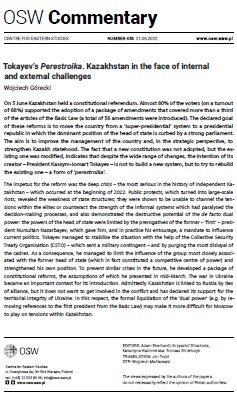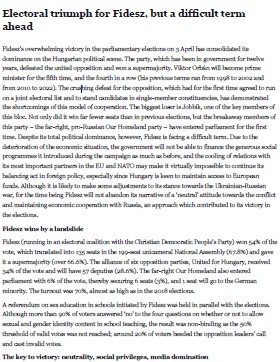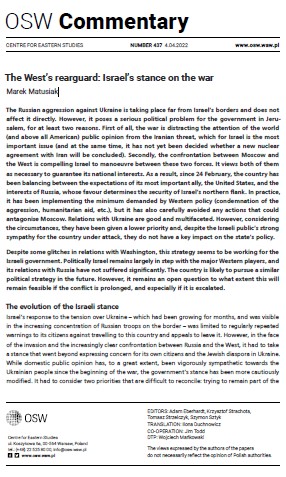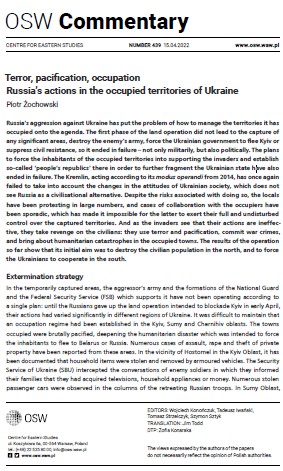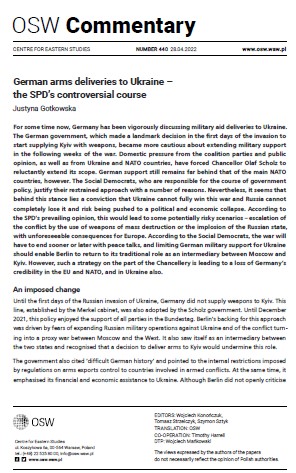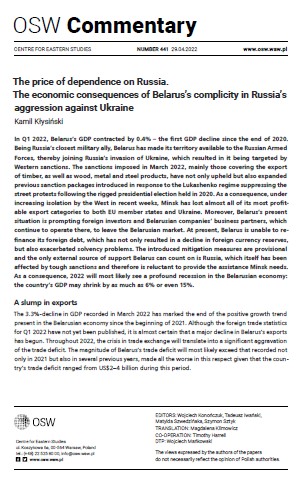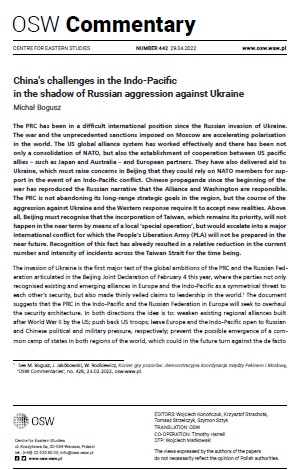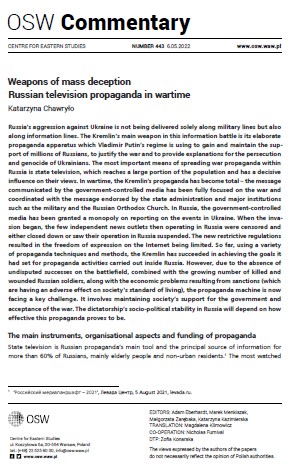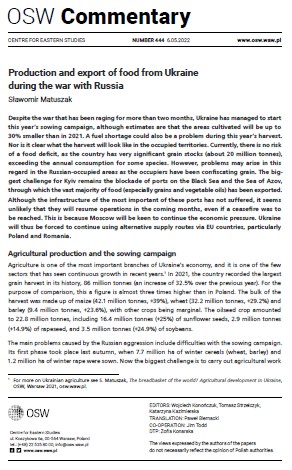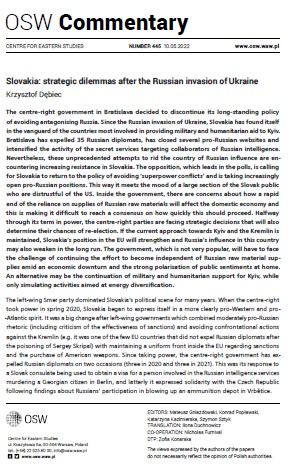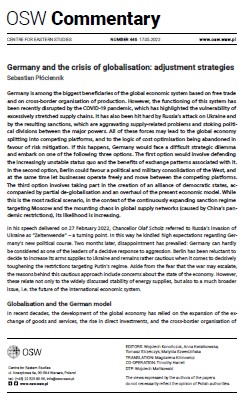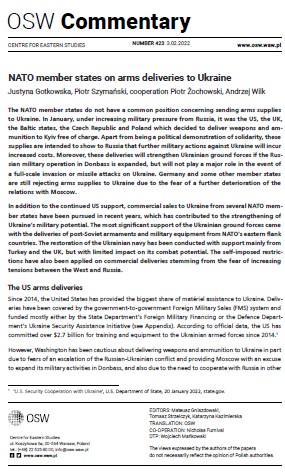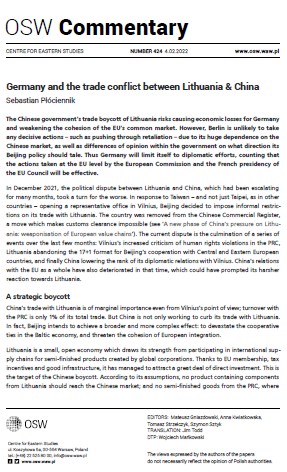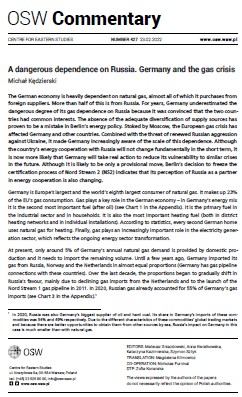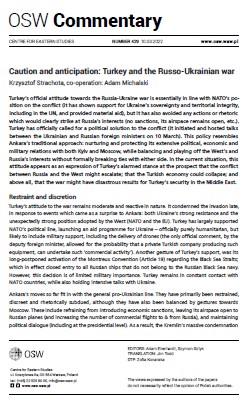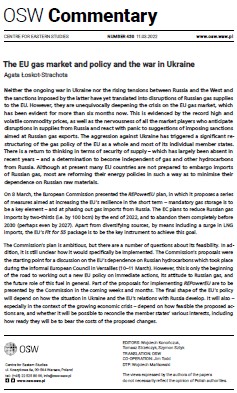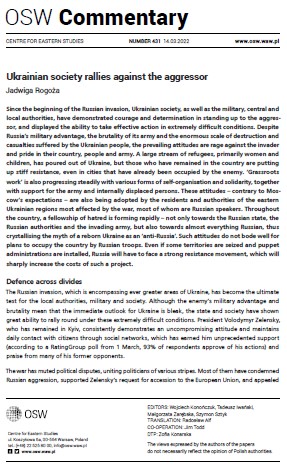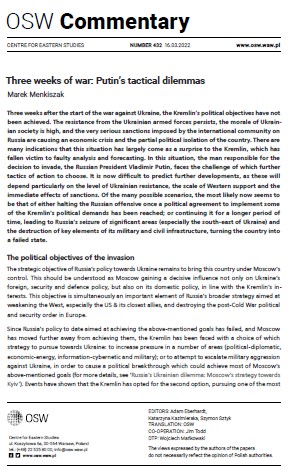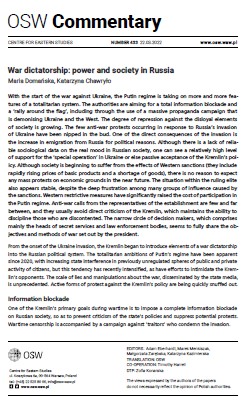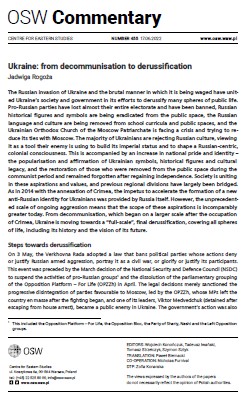
Ukraine: from decommunisation to derussification
Ukraine: from decommunisation to derussification
Keywords: Ukraine; Decommunisation; Derussification; Pro-Russian parties; Ukrainian Orthodox Church of the Moscow Patriarchate;
The Russian invasion of Ukraine and the brutal manner in which it is being waged have united Ukraine’s society and government in its efforts to derussify many spheres of public life. Pro-Russian parties have lost almost their entire electorate and have been banned, Russian historical figures and symbols are being eradicated from the public space, the Russian language and culture are being removed from school curricula and public spaces, and the Ukrainian Orthodox Church of the Moscow Patriarchate is facing a crisis and trying to reduce its ties with Moscow. The majority of Ukrainians are rejecting Russian culture, viewing it as a tool their enemy is using to build its imperial status and to shape a Russian-centric, colonial consciousness. This is accompanied by an increase in national pride and identity –the popularisation and affirmation of Ukrainian symbols, historical figures and cultural legacy, and the restoration of those who were removed from the public space during the communist period and remained forgotten after regaining independence. Society is uniting in these aspirations and values, and previous regional divisions have largely been bridged. As in 2014 with the annexation of Crimea, the impetus to accelerate the formation of a new anti-Russian identity for Ukrainians was provided by Russia itself. However, the unprecedented scale of ongoing aggression means that the scope of these aspirations is incomparably greater today. From decommunization, which began on a larger scale after the occupation of Crimea, Ukraine is moving towards a “full-scale”, final derussification, covering all spheres of life, including its history and the vision of its future.
More...
